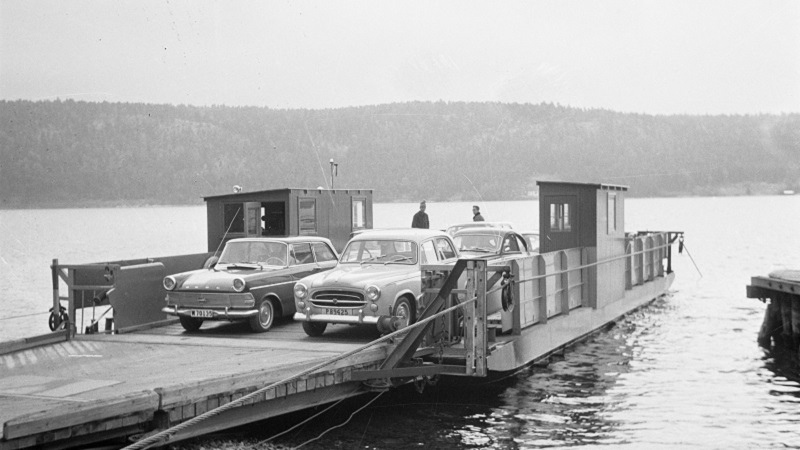"In this talk, I introduce the concept of rural modernities as a means of challenging common conceptions of rural cultures in the global north that have been formed through the twentieth century. Different geographies exhibit varying and uneven experiences of ‘modern’ life, and many rural communities that find themselves outside of economic growth engines must often contend with continual and repeated feelings of loss through the dismantling of public infrastructures and industries built during the fossil-fuel era.
Where the rural is often viewed as exhibiting a lack of modernity, or as sites for extraction of resources – I look at the context of the rural area of Dalsland in Sweden to argue what artists and planners working in rural areas might need to consider when developing socially oriented practices that span planning, public art and storytelling, and their potential application for planning and creative reuse of existing rural infrastructures. While practices in architecture, planning and public art and design have long traditions of viewing rural areas through the pastoral, or even post-industrial – little attention has been placed on the question of the role artistic practice may play in allowing rural residents to develop future imaginaries that are rooted within collective experiences of modernity outside of the city.
To do so, I draw on Dougald Hine’s book At Work in the Ruins which asks how we can rebuild living cultures at ‘a time of endings.’ In this book, he poses four key questions that can help communities to understand what humans have gained and lost during the fossil fuel era, to decide what we might take with us, and what we might leave behind. When applied to the rural, I argue, these questions can serve as a guide to tell stories that confront poorly understood legacies of rural modernities that may unlock new forms of socially oriented practice."
Tom Cubbin is a historian and educator at HDK-Valand, Academy of Art and Design. Cubbin holds a PhD from the University of Sheffield and an MA in History of Design from the Royal Collage of Art in London, where he has also worked as a visiting lecturer in Critical and Historical Studies. Tom has a background in Russian and Soviet history, and his book Soviet Critical Design (Bloomsbury, 2019) charts the development artistic design research in the late Soviet Union. Tom’s current research examines critical historiographies of how the urban gaze has subjugated certain forms of craft and design practice across diverse geographies.
*The lecture will be held in English.
To read a seminar text in advance, please contact:
The lecture is part of the lecture series 24/25: Praxis of Care. For this semester, it will focus on care as responsiveness, placemaking, overlooked histories, and its connection to site-specificness of craft as a means of enabling artistic practice to have a broader sociopolitical context—ranging from the individual to larger cultural perspectives.
Past events:
14.01.2025
Alter-native
Martin Avila
Professor of Design Ecologies
Konstfack University, Stockholm
04.12.2024
Clay-based languageness
Marten Medbo
PhD, Göteborg Universitet
19.11.2024
Tending (to) the in-betweens: from liminal craft to curating transitions
Monica Gaspar
PhD, the HSLU School of Design, Film and Art in Lucerne, Switzerland

